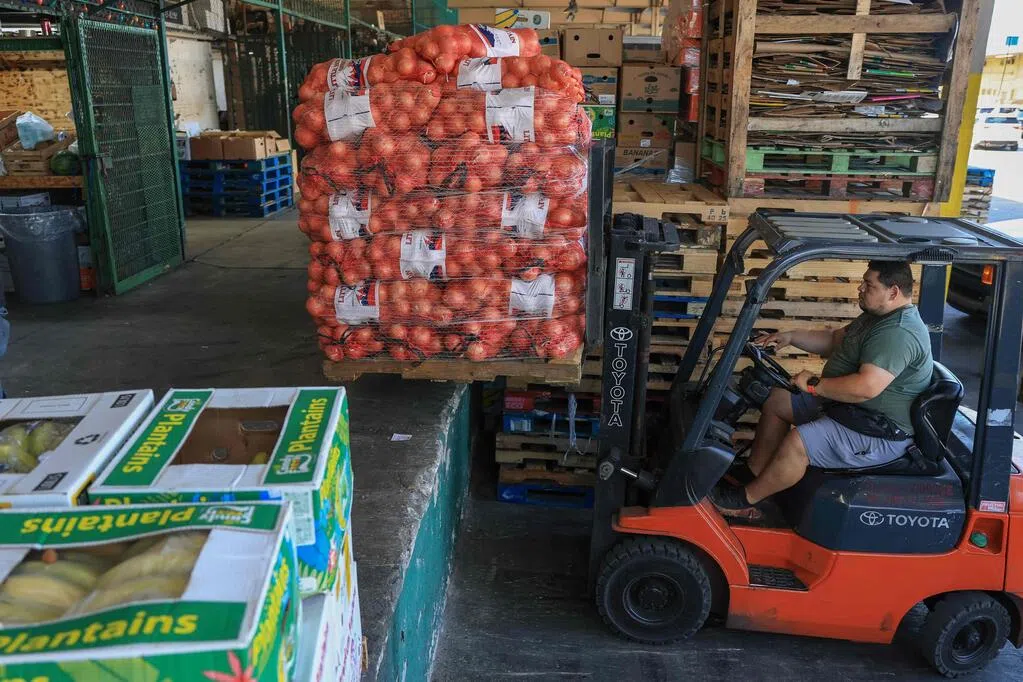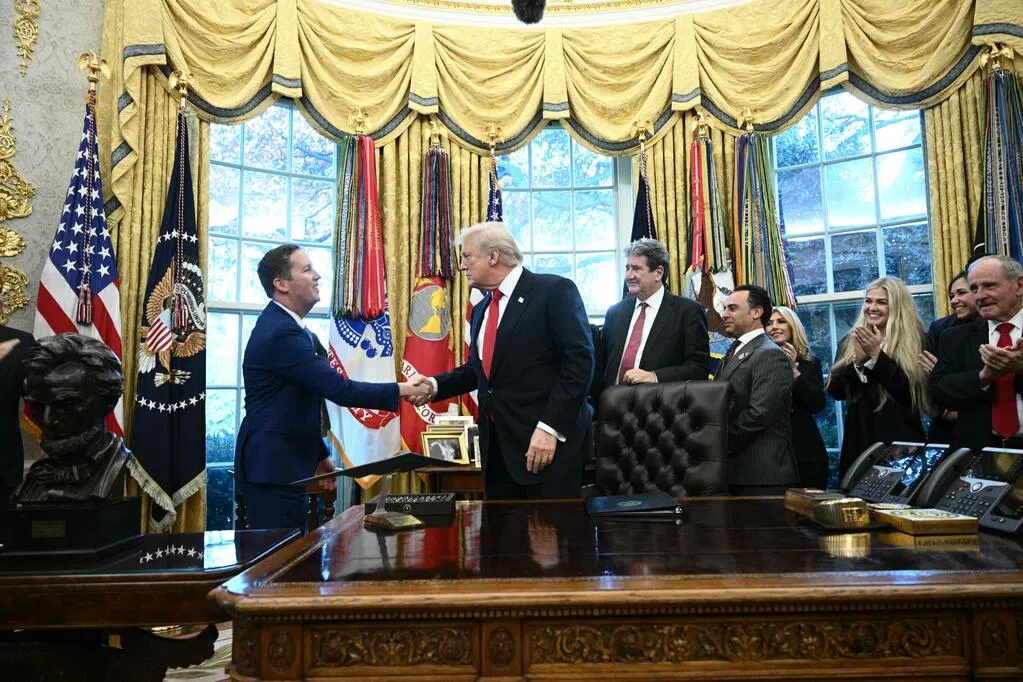(Washington, D.C.) U.S. Treasury Secretary Bessant said that President Trump's plan to distribute a $2,000 (approximately S$2,602) "bonus" from tariff revenue to American citizens requires congressional approval.
"Let's wait and see. We need to legislate for this," Bessant said on Fox News on Sunday (November 16).
Trump has been boasting this year that the U.S. has earned billions of dollars through tariffs. As public discontent over the cost of living grows, he has repeatedly stated his readiness to distribute a roughly $2,000 "tariff bonus" to every low- and middle-income American. Last Friday, Trump reiterated to reporters aboard Air Force One that the tariff bonus would be distributed sometime next year to "everyone except the rich."
In response, Bessant said on Fox News, "It's a lot of money, but we get a lot of revenue from tariffs. Tariffs allow us to distribute dividends. We will also reduce debt."
According to estimates by the Committee for a Responsible Federal Budget, if modeled after the U.S. government's relief subsidies during the COVID-19 pandemic, the tariff dividend program could cost as much as $600 billion, double the government's projected tariff revenue in 2025. In the fiscal year ending in September, the U.S. generated $195 billion in net tariff revenue, and many economists predict total revenue of approximately $300 billion for 2025.
Further Reading


Bessant also pointed out that Americans should begin to feel more economic relief early next year, citing the tax cuts in Trump's landmark policy bill passed earlier this year. "So I expect that in the first two quarters, we will see the inflation curve decline and the real income curve accelerate significantly."
According to the Wall Street Journal, the Trump administration is urgently launching several measures, including plans to provide $2,000 subsidies to Americans, investigating whether meat processing companies colluded to raise beef prices, and lowering tariffs on goods such as coffee and fruit to suppress prices.
High prices are increasing the burden of living and causing anxiety among Americans. The White House is now clearly more sensitive to economic and livelihood issues. Earlier this month, the Democrats won a landslide victory in three local elections, focusing on the affordability issue, putting greater political pressure on the Republican administration.
However, analysts point out that most prices are determined by market forces, which are beyond the president's control. Interest rates are set by the independent Federal Reserve, which has not yielded to Trump's pressure. Direct subsidies to Americans would require congressional approval.



